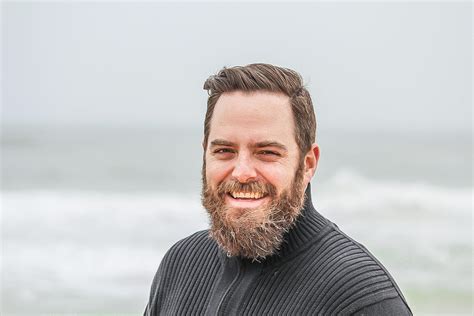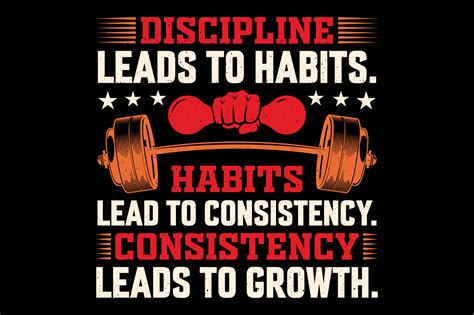The pervasive cultural narrative that dictates men must always “be strong” has profound implications for their mental health. This deeply ingrained expectation, often internalized from a young age, creates a formidable barrier to acknowledging vulnerability and, critically, to seeking support when facing mental health challenges. For many men, the concept of strength becomes synonymous with emotional stoicism, self-reliance, and an unwavering resilience that leaves no room for perceived weakness or distress.
The Cultural Mandate of Strength
The societal script for masculinity often emphasizes characteristics like dominance, self-sufficiency, and emotional control. From media portrayals to family upbringing, boys are frequently taught that showing emotion, particularly sadness or fear, is unmanly. This cultural conditioning instills an internal pressure to maintain a facade of invulnerability, where admitting struggle is equated with failure. The idea of “manning up” or “just getting over it” trivializes genuine emotional distress and reinforces the belief that true strength lies in enduring silently.

Internalized Expectations and Their Toll
This external pressure quickly becomes an internal one. Men learn to suppress their feelings, fearing that expressing vulnerability will lead to judgment, ridicule, or a loss of respect. This emotional suppression is not benign; it is a significant factor in the development and exacerbation of mental health issues. Conditions such as depression, anxiety, and even substance abuse can silently fester when individuals feel unable to articulate their pain or seek professional help. The internal dialogue often reinforces the notion that they “should” be able to handle things on their own, further isolating them in their struggles.

The Stigma of Seeking Help
Beyond the internal pressure, a powerful external stigma surrounds men’s mental health. Therapy, counseling, or even simply talking about feelings openly can be seen as a challenge to one’s masculinity. This perception is deeply damaging, as it discourages men from accessing life-changing support. They may worry about being seen as weak by friends, family, or colleagues, potentially impacting their professional lives or social standing. This fear often outweighs the increasing need for help, leading to delayed treatment or no treatment at all.
Consequences of Unaddressed Mental Health Challenges
The reluctance to seek support has dire consequences. Unaddressed mental health issues can manifest in various harmful ways, including increased irritability, anger outbursts, social withdrawal, and physical symptoms like chronic fatigue or digestive problems. In more severe cases, it can contribute to higher rates of substance abuse, self-harm, and unfortunately, suicide among men. The tragic irony is that the very strength men strive to uphold can become a silent killer when it prevents them from reaching out.

Redefining Strength and Fostering Support
To dismantle these barriers, society must collectively redefine what it means to “be strong.” True strength lies not in the absence of vulnerability, but in the courage to acknowledge it, to seek help, and to work through challenges. Encouraging open conversations about emotions from a young age, promoting emotional literacy, and normalizing therapy as a tool for well-being are crucial steps. Role models, both public and private, who openly discuss their mental health journeys can significantly reduce stigma and inspire others to follow suit.

Creating Safe Spaces and Accessible Resources
Moreover, creating safe and accessible spaces where men feel comfortable discussing their mental health is vital. This includes promoting men-specific support groups, ensuring mental health professionals are sensitive to gender-specific issues, and integrating mental health awareness into workplaces and community organizations. By normalizing the act of seeking help, we empower men to prioritize their well-being without fear of judgment.

Conclusion
The internal pressure to “be strong” profoundly limits men’s willingness to seek support for mental health challenges, often leading to silent suffering and exacerbated conditions. It is imperative that we challenge outdated notions of masculinity and cultivate a culture where vulnerability is recognized as a form of strength, and seeking help is seen as a proactive step towards well-being, not a sign of weakness. By doing so, we can liberate men from the restrictive cage of stoicism and open pathways to healthier, more fulfilling lives.




